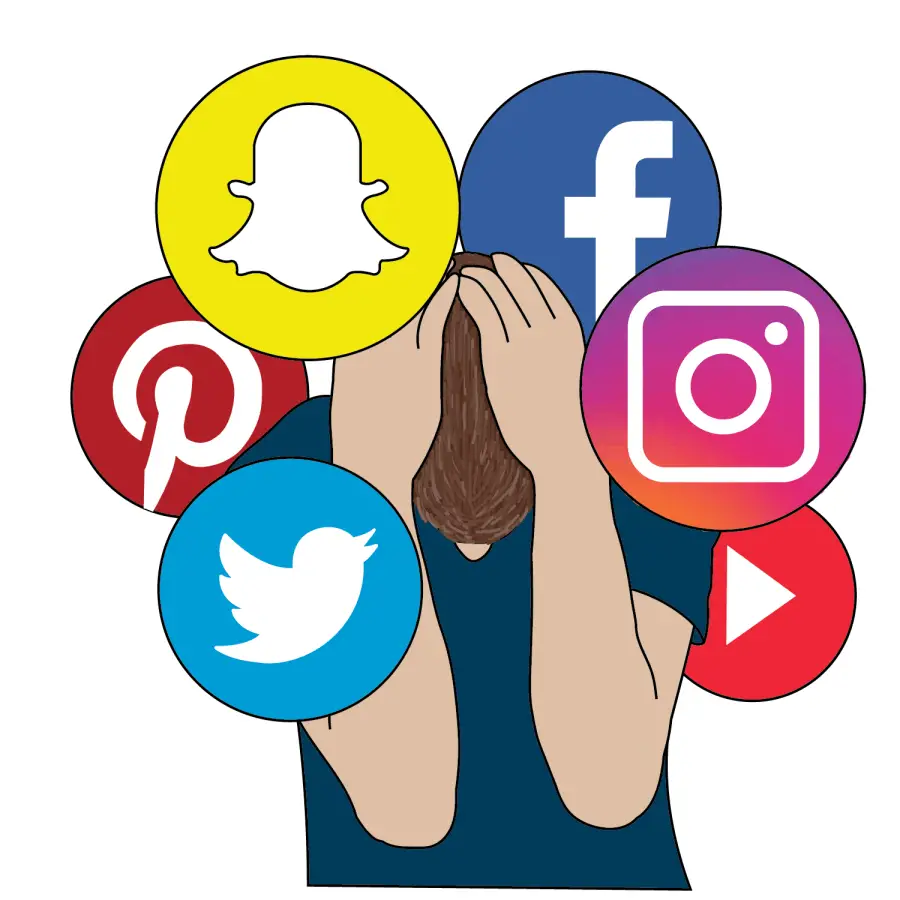
The feelings triggered by a ‘like’ can temporarily relieve feelings of loneliness, but they cannot replace socializing altogether. Many governments, sociologists and psychologists have also expressed concerns that children today are spending too much time interacting with their phones and missing out on other important social experiences. However, with depression on the rise worldwide and half of all mental illnesses starting at age 14 though, the potential issues warrant further exploration. More evidence is necessary before we can consider these findings conclusive. Studies have even suggested that it can lead to ADHD symptoms, depression, anxiety and sleep deprivation.

Too much passive use of social media – just browsing posts – can be unhealthy and has been linked to feelings of envy, inadequa cy and less satisfaction with life. It is no secret that social media platforms were deliberately designed to hold users' attention as long as possible, tapping into psychological biases and vulnerabilities relating to our desire for validation and fear of rejection. Research in this area is still in its early stages, but the significance of social media in the lives of many young people is clear. Most of them have positive experiences online, but there are risks involved, including whether the excessive use of social media can ultimately harm their mental health.

Being connected through smartphones and social media is now just a part of growing up for many children and adolescents. If you were born after 1995 then you won’t remember life before the Internet.


 0 kommentar(er)
0 kommentar(er)
